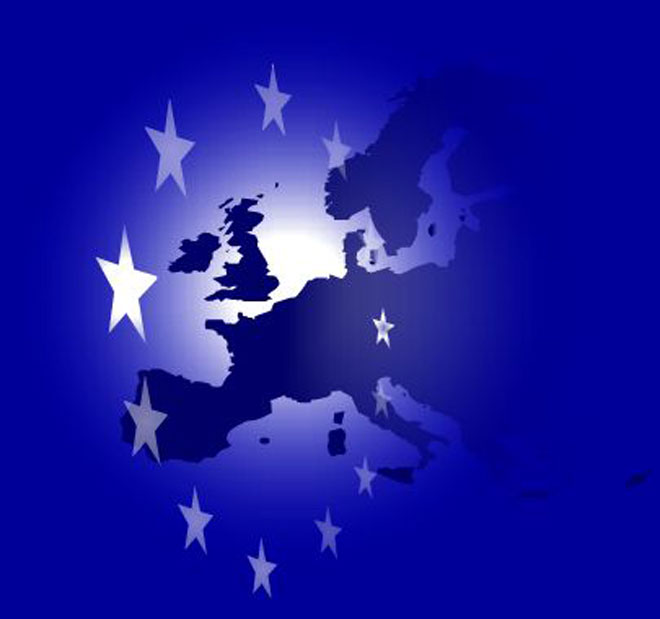Azerbaijan, Baku, Oct. 19 /Trend T.Konyayeva/
The engagement of the European Union in the Trans-Caspian gas pipeline project may bring added security for foreign investors, John O'Rourke, head of ENP Strategy and Instruments Division at the European Commission, told Trend in an interview in Brussels.
"The political engagement of the EU in this process is a helpful matter as well as a positive signal that should provide a measure of insurance for investors, who have to somehow cost the risk of their investments," O'Rourke said.
In mid-September, the EU adopted a mandate to negotiate a legally binding treaty between the EU, Azerbaijan and Turkmenistan to build a Trans-Caspian Pipeline System. All 27 EU members agreed to task the European Commission with leading negotiations with the two Caspian countries.
Later, Iran and Russia expressed negative attitude toward this project. Tehran and Moscow think that the pipeline construction will damage the Caspian Sea environment.
As to the opposition of Tehran and Moscow, it is clear that Europe is looking for the diversification of routes but countries, which are in the monopoly situation or in near monopoly situation and might wish to exploit this situation, will understandably not be enchanted, O'Rourke believes.
He stressed that the situation with Iran is somewhat different because it concerns competition over alternative destinations for Trans-Caspian gas.
"As to Russia, this country is very powerful player in that part of the world," O'Rourke said. "It has many links with governments in different countries that are concerned. It has also a military presence in all of the Eastern Partnership's countries and a considerable economic influence. For many countries Russia is a market for jobs. So, there are many cards that Russia can play in exerting its influence in this part of the world.
He noted that the Union's general stress is a market approach. "Let's not get into this sort of monopolistic situation, let the market decide," O'Rourke said.
He thinks that this project can also be a favorable thing for Russia because when it decides to play that card fully, it can also benefit from increased foreign investments in its economy.
"So, the EU tries to look for win-win solutions. The question is will others prefer to see things in a kind of win-lose or zero-sum game. But, of course, we can not dictate what other parts of the process should do," O'Rourke concluded.
The pipeline, with a length of 300 kilometers, will be laid from the Turkmen coast of the Caspian Sea to Azerbaijan, where it will be connected to the Southern Gas Corridor.
Talks between Turkmenistan and the EU and other countries on the construction of the Trans-Caspian gas pipeline have been conducted since late 1990s.
Following a meeting with EU president Jose Mauel Barroso in Ashgabat in January, 2011, Turkmen president Gurbangulu Berdimuhammedov named the Trans Caspian pipeline the 'most attractive from a commercial, financial and infrastructural point of view.'
Barroso supported the president's statement and noted 'the importance of building the Trans-Caspian pipeline to ensure reliability and security of the energy supplies to Europe and simultaneously to ensure a stable demand for Turkmen gas'.
The construction of the pipeline is now difficult because of unresolved status of the Caspian Sea.






